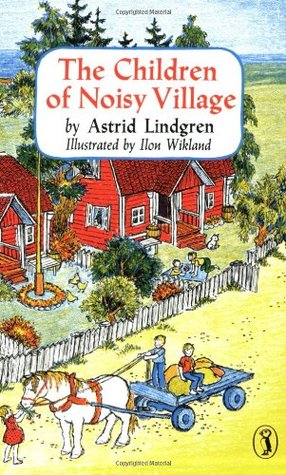This was my second book by Fredrik Backman. And my last. The first one was quite nice, funny, but I couldn't care for this one. I didn't like the protagonist, Britt-Marie because I'm not OCD even though I like order, I don't like football, so that didn't allure me, either. The story is described as "funny and moving", I couldn't find either.
This was a book club book, otherwise I might not have finished it.
We read this in our international online book club in February 2025.
Some comments from the other members:
"It scored pretty low by most others in the discussion.
Some commented that it felt more like a movie script than a real novel. Which makes sense as Backman's books have many of them been filmed both in Sweden and internationally. For me it was a nice light humorous read, maybe more like a fun summer read than real thought raising literature. This despite me hating the main character from the very start. I guess much of Backman's stories are like that, with quite stereotypical characters, and predictable plot and then an uplifting twist at the end. The timeline of the book felt familiar in terms of what was happening in small towns here in the Nordics in maybe 90-s or early 00s. Services being closed down and some neighbourhoods being quite poor. Not really something I believe can be saved by one determined lady and the community. But a nice thought."
From the back cover:
"Britt-Marie can’t stand mess. A disorganized cutlery drawer ranks high on her list of unforgivable sins. She is not one to judge others—no matter how ill-mannered, unkempt, or morally suspect they might be. It’s just that sometimes people interpret her helpful suggestions as criticisms, which is certainly not her intention.
But hidden inside the socially awkward, fussy busybody is a woman who has more imagination, bigger dreams, and a warmer heart that anyone around her realizes.
When Britt-Marie walks out on her cheating husband and has to fend for herself in the miserable backwater town of Borg—of which the kindest thing one can say is that it has a road going through it—she finds work as the caretaker of a soon-to-be demolished recreation center. The fastidious Britt-Marie soon finds herself being drawn into the daily doings of her fellow citizens, an odd assortment of miscreants, drunkards, layabouts. Most alarming of all, she’s given the impossible task of leading the supremely untalented children’s soccer team to victory. In this small town of misfits, can Britt-Marie find a place where she truly belongs?
Funny and moving, sweet and inspiring, Britt-Marie Was Here celebrates the importance of community and connection in a world that can feel isolating."







































